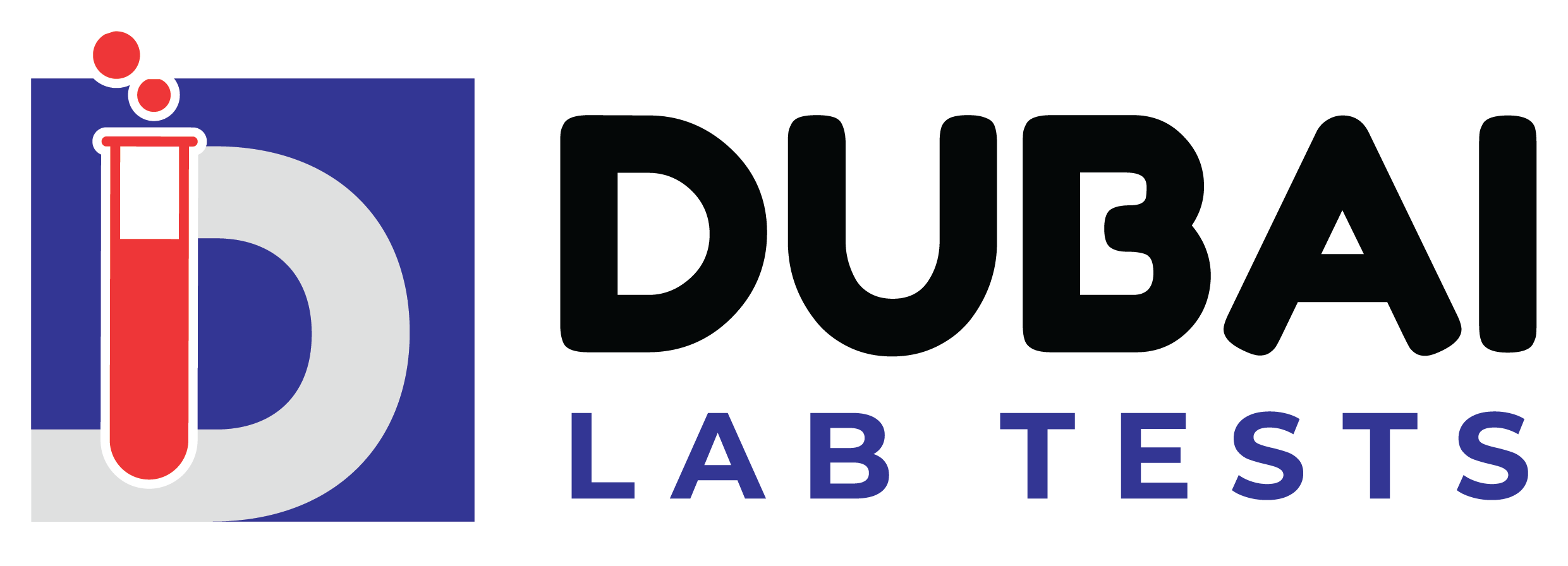Oncomine Myeloproliferative Neoplasm (MPN) Panel – Accurate NGS Testing for MPN Mutations
د.إ5,500.00
The Oncomine Myeloproliferative Neoplasm (MPN) Panel is a targeted next-generation sequencing (NGS) assay designed for the comprehensive detection of key driver mutations in myeloproliferative neoplasms. It enables the simultaneous analysis of JAK2, CALR, and MPL genes, which are critical for MPN diagnosis and classification. The panel offers high sensitivity, detecting low-frequency variants with as little as 10 ng of input RNA or DNA, making it ideal for limited or degraded samples.
Description
Oncomine Myeloproliferative Neoplasm (MPN) Panel — The Accurate NGS Testing of MPN Mutations
Myeloproliferative neoplasms (MPNs) are uncommon disorders of the blood, where bone marrow cells produce too many blood cells. These conditions, such as polycythemia vera, essential thrombocythemia, and primary myelofibrosis, can be difficult to diagnose because of their overlapping symptoms and genetic complexity. Advancements in next-generation sequencing (NGS) technology have fundamentally changed the letter of detection and management of these diseases. An example of such an advancement are specialty mutation panels such as the Oncomine Myeloproliferative Neoplasm (MPN) Panel, a sophisticated assay that enables definitive detection of MPN mutations.
This test, available at Dubai Lab Tests, provides unmatched sensitivity for detecting genetic changes relevant to formulating MPN therapy, allowing healthcare professionals to fine-tune management strategies based on the patient’s specific genetic markers.
Keeping it about Myeloproliferative Neoplasms (MPNs)
MPNs are clonal hematopoietic stem cell diseases characterized by the excessive production of one or more lineages of blood cells red blood cells, white blood cells, or platelets. Although several MPNs are indolent, some are capable of progressing to high-grade forms of the disease like acute myeloid leukemia (AML). The timely and accurate diagnosis of these conditions is essential in managing and improving the clinical outcome of these patients.
MPNs are usually caused by certain genes being mutated so that blood cells are not correctly regulated. The JAK2, CALR, and MPL mutations are frequent, which are also significant in signaling pathways of blood cell proliferation. Although traditional diagnostic modalities like polymerase chain reaction (PCR) assays have been helpful, they have limitations, for example, by examining a limited number of known mutations. This is where sophisticated tools like the Oncomine MPN Panel integrate into workflow.
Myeloproliferative Neoplasm (MPN) What Is the Oncomine Panel?
Oncomine MPN Panel: The Oncomine MPN Panel utilizes next-generation sequencing (NGS) to simultaneously analyze multiple genes, providing a more comprehensive and in-depth profile of the genomic landscape of MPNs. In contrast, conventional tests are designed to detect only one particular gene or mutation, while this panel can screen variants across multiple key genes that participate in MPN pathogenesis. This approach also offers a complete molecular characterization of the disease, aiding clinicians in making informed decisions regarding diagnosis, prognosis, and treatment options.
Some highlights of Oncomine MPN Panel features:
- Highly Sensitive : Ensuring that no clinically relevant mutation is missed, the panel is capable of identifying even the low-frequency mutations.
- Broad Coverage : It looks at mutations in broad genes like JAK2, CALR, MPL , ASXL1, TET2, SF3B1, etc., so it gives you THE backgrond of all these genes that are the main drivers of MPNs.
- Ease of Use : The panel is designed for easy integration into clinical workflows and facilitates sample preparation and data interpretation.
- Actionable Insights : The results produced by the panel direct focused on therapies and in better controlling disease progression or response to treatment.
How to Use the Oncomine MPN Panel?
In the age of precision medicine, having access to reliable and accurate diagnostic tools is becoming more critical than ever. So why is the Oncomine MPN Panel the better option for MPN mutation detection?
Enhanced Diagnostic Accuracy
Traditional diagnostic modalities may fail to detect subtle or rare mutations that could have a profound effect on the management of the patient. The Oncomine MPN Panel is capable of providing a higher level of accuracy while avoiding potential misdiagnoses by detecting a diverse range of genetic abnormalities.
These are Comprehensive Mutation Profiling
By looking at not only the more common mutations but also the more rare ones, the panel finds hidden genetic influences that could affect disease behavior. This is immensely helpful for customizing therapies for each patient.
Improved Prognostication
Specific mutations are associated with varying prognoses in MPN patients. For instance, ASXL1 or SRSF2 mutations are frequently associated with poorer outcome. Spotting these markers early helps doctors engage more stringent monitoring or intervention when warranted.
Endorsement of Targeted Therapies
With research moving forward to identify more and more therapeutic targets for MPNs, the detail of the genetic make up of a patient’s condition increasingly matters. The Oncomine MPN Panel detects actionable mutations that can be addressed by therapies that are already available or those in development, leading to improved disease management.
Convenience and Accessibility
The Oncomine MPN Panel is complemented with easy access through trusted platforms, such as Dubai Lab Tests, for healthcare providers and patients alike. Its user-friendly design provides rapid turnaround times, without sacrificing quality.
Case Studies of the Oncomine MPN Panel
- The Oncomine MPN Panel is also useful in the following clinical scenarios.
- First : Determining MPN mutations in patients with unexplained blood count abnormalities.
- Differential Diagnosis : Differentiation of subtypes of MPNs through their mutational landscape.
- Follow Up on Cancer Progression : monitoring over time changes in the genetic background to identify how the disease progress.
- Assessing Treatment Response : Therapeutic effectiveness is evaluated based on a decrease in mutant allele frequencies.
- Research: Enabling scientific studies that will lead to the identification of new biomarkers or diagnosis or treatment of MPNs.
How Next-Generation Sequencing Works
Next generation sequencing (NGS) is a step-function improvement in genomic analysis. Conventional methods analyze DNA sequences only one fragment at a time, while NGS allows millions of fragments to be processed in parallel. This is a high-throughput method that can dramatically speed up, increase, and make more accurate genetic testing.
Within the context of the Oncomine MPN Panel, NGS enables the simultaneous assessment of multiple genes underlying MPN pathogenesis. Next, the raw sequencing data is processed with advanced bioinformatics tools to call out mutations and produce a concise report to be presented to the clinical team.
Conclusion
Your task is to read a sentence and output a single comma-separated list of various forms of that sentence. With the high-throughput capability of next-generation sequencing, along with a panel of disease-targeted genes specifically selected to maximize informational output, this panel provides high-fidelity elucidation of the mechanistic genetics of MPNs. And whether you’re a healthcare provider in search of superior tools for your patient care, or a patient searching for clarity, the Oncomine MPN Panel delivers a proven solution, grounded in the latest advances in science.
To know more or to order the Oncomine MPN Panel, visit Dubai Lab Tests. Be informative and BE EMPOWERED to fight MPNs and assist in delivering better health outcomes for everyone.






Reviews
There are no reviews yet.